If you were raised in the ’80s, then it’s likely you were a big fan of the movie “Karate Kid.” The story of Daniel LaRusso overcoming the odds to defeat his bully and high school rival, Johnny Lawrence, thanks to the tutelage and wisdom of his karate sensei, Mr. Miyagi, was a cultural sensation then and remains a much-beloved film now.
It wasn’t just a good movie; the principles behind it are timeless. Perseverance, overcoming fear, and self-reliance are a message that continues to resonate with audiences decades later. It’s why, when the series decided to pick up with Lawrence and LaRusso that far down the line, audiences flocked back to their screens to see what else the Karate Kid universe had to deliver.
Old fans and new ones are now in love with the series “Cobra Kai,” a series purchased by Netflix that is now in its third season. The story revolves around a now grown-up LaRusso and Lawrence whose rivalry still burns strong, but whose lives diverged down very different paths. Both are now parents, with LaRusso owning a successful car dealership and Lawrence being a washed-up drunk who peaked in high school and who has an estranged son, to boot.
Everything changes for Lawrence when he’s forced to fight off a group of high school bullies attacking a Hispanic kid named “Miguel Diaz,” and Miguel’s plight inspires him to re-establish his former dojo “Cobra Kai” in an effort to not only teach kids to stop being so fragile, but to also turn his own life around.
The popularity of the show has, of course, attracted the attention of the social justice community which is now combing through the show to find out how it’s racist, sexist, or whatever “ist” or “phobe” they can attach to it. They didn’t have to look far. Lawrence isn’t a character that jibes with modern political correctness and he often uses words considered “inappropriate.” He openly sneers at social justice concepts such as “the future is female.”
Social justice advocates looked into the diversity of the cast, and while it’s definitely diverse, it’s too white at the front for the wokescolds who launched after it, according to the LA Times:
“Except for the Latino character of Miguel, all the other people of color are outside of that main cast, so it actually doesn’t show as a diverse show in a sense,” said Ana-Christina Ramón, coauthor of UCLA’s annual Hollywood Diversity Report, which designates leads as the top eight credited regular actors. (Across the industry, the report found that white characters made up 75.9% of the leads in digital scripted series like “Cobra Kai” in the 2018-2019 season, while 5.9% of leads were Latinx, 4.7% were Black and just 1.8% were Asian.)
A number of critics have taken notice of the series’ whiteness as well: Salon culture senior editor Hanh Nguyen, who has been critical of the series in the past, told The Times that “the only main character of color who has any sort of interiority is Miguel.” “Danny LaRusso, Italian kid from Jersey,” as Vanity Fair’s Sonia Saraiya put it about the first two seasons, “is the most Japanese character on this show.”
The question one has to ask is, what’s wrong with this? The Karate Kid was a movie with primarily white characters and continuing that story is going to mean a lot of the characters at the front are going to be white as well.
What the wokescolds seem to want is fewer white people and more minorities playing central roles. Story and character development as related to the situations in the world be damned, just arbitrarily insert more people with higher melanin levels.
It’s all a very racist lens by which they review the show. Even the LA Times article points out how the “whiteness is under a new spotlight.” Once again, we can play the “replace and reread” game and wonder how people would feel if the headline read that its “blackness” was under a new spotlight.
The truth is, however, that even if the creators of the show did just throw in characters for the sole purpose of checking off boxes, it wouldn’t be enough. If the main characters were a rainbow coalition, then there would be complaints that there isn’t enough gay and lesbian representation. If they filled in that gap, then they would complain that there isn’t enough trans representation. It wouldn’t end there, either. They would begin asking why the show is so ableist. They would ask why it’s not talking enough about racism, sexism, or economic hardships, and systemic healthcare issues.
Nothing will ever be good enough for the social justice community. Their job is to dissect everything about western culture and point out its flaws. It is, by its nature, unpleasable.
Therefore it shouldn’t be listened to. Ever.
The American people are actually very good at knowing when a thing is right or wrong. We eliminated slavery and fought for civil rights, and gave equal rights to women long before the modern social justice movement arrived on the scene. We don’t need their philosophy gumming up the works and making everything horrible.
The modern social justice movement is a mess of racism, sexism, and bigotry masquerading as a force of social good in our culture, but as it’s proven time and again, it’s more or less useless in solving problems but very good at creating them. Everything it touches rots from the inside until it’s practically unusable.
It happened to Doctor Who, it’s happened to various other forms of entertainment, so let’s hope that the folks at Cobra Kai push back and resist.
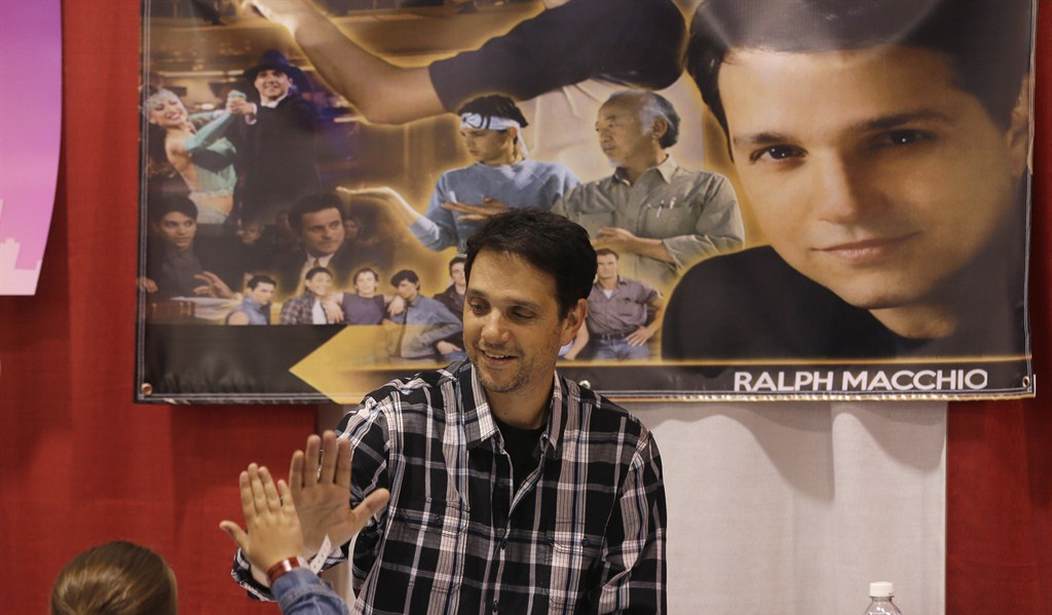




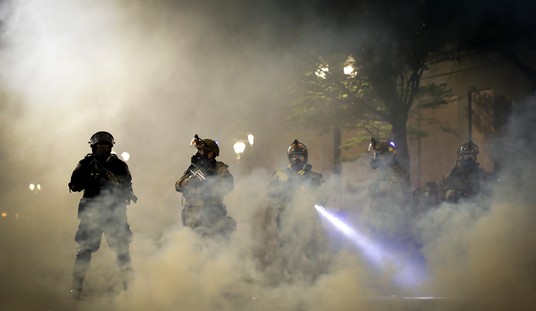


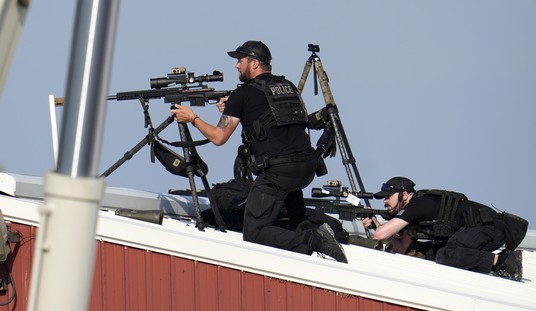



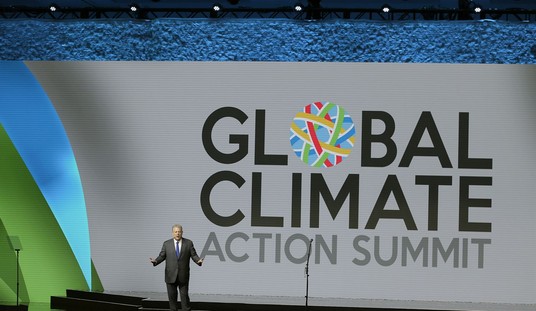
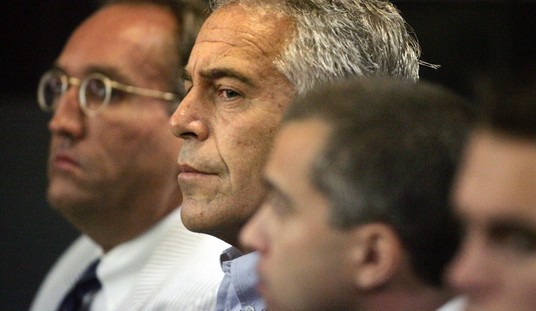
Join the conversation as a VIP Member